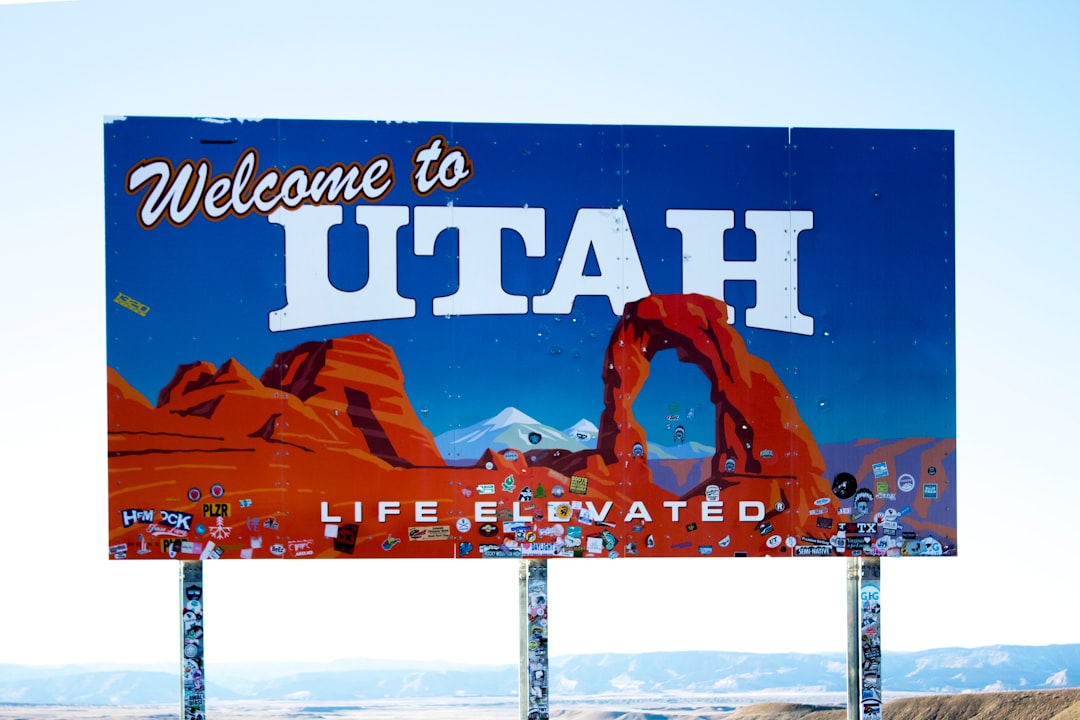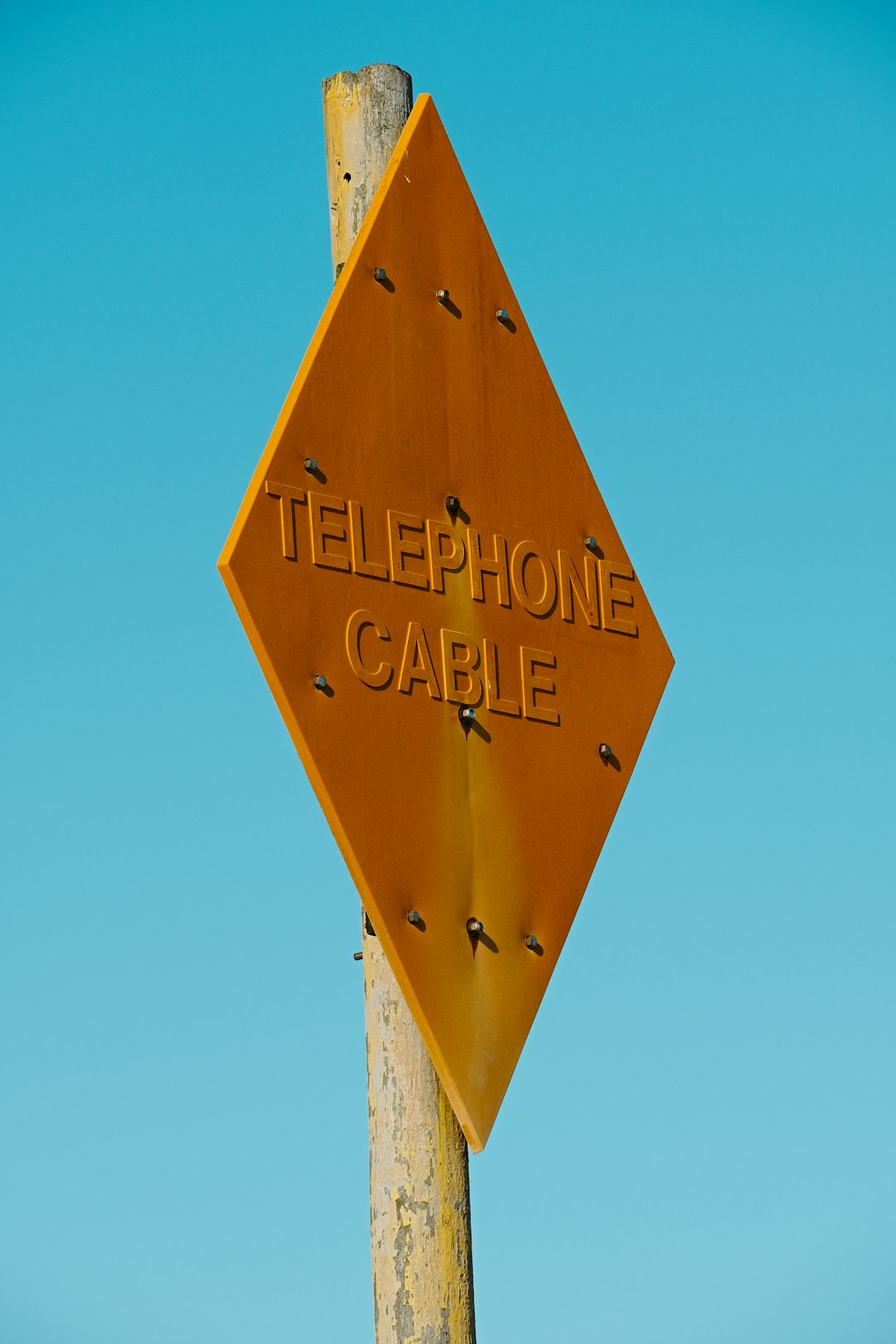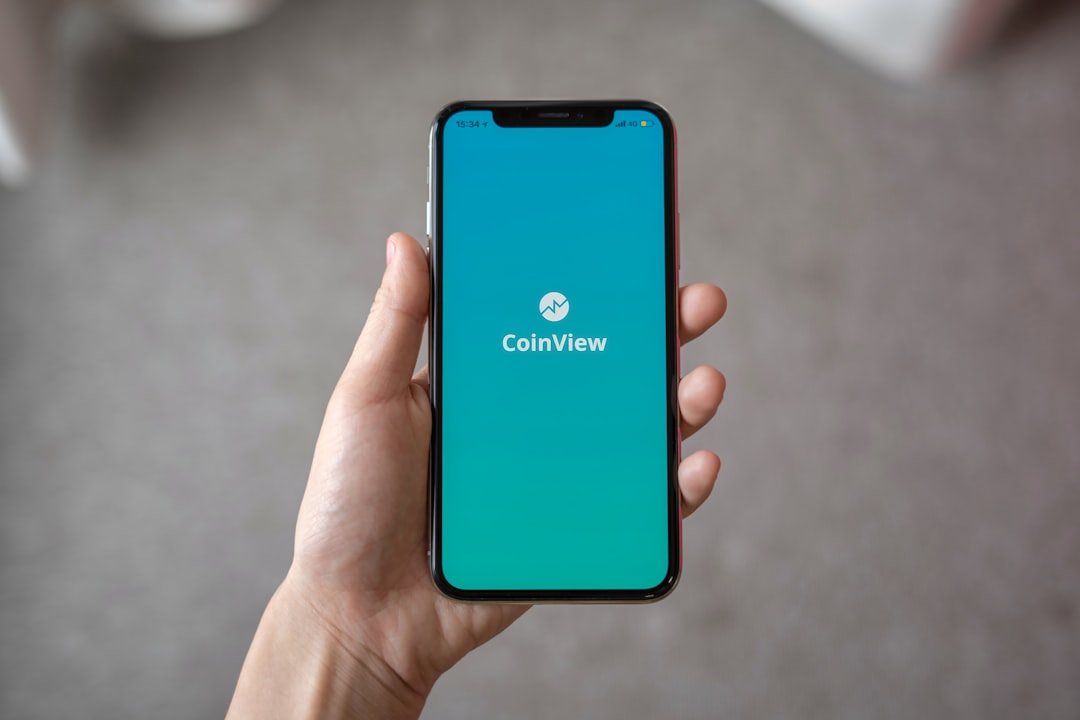Non-profit organizations in Santaquin, Utah, face unique challenges navigating Do Not Call laws. While partially exempt, they need legal guidance to comply, avoid fines, and maximize outreach efforts. Engaging a lawyer for Do Not Call Laws Utah is crucial for navigation and compliance.
In the vibrant, yet regulated landscape of Santaquin, understanding Utah’s Do Not Call Laws is crucial for non-profit organizations aiming to thrive. This article delves into the specific legal requirements, highlighting the unique exemption for non-profits and the importance of compliance in this dynamic environment. We explore the role of legal counsel in navigating these regulations and provide insights on how a specialist lawyer for Do Not Call Laws Utah can ensure your organization stays within legal bounds, fostering growth and community impact.
Understanding Utah's Do Not Call Laws

Utah’s Do Not Call Laws are designed to protect residents from unwanted telemarketing calls and sales pitches. These laws, enforced by the Utah Department of Commerce, set clear guidelines on when businesses can contact individuals for promotional purposes. Non-profit organizations in Santaquin, while exempt from some aspects of these regulations, still need to navigate these laws carefully to ensure they are complying with state rules.
If you’re a non-profit looking for guidance on how Utah’s Do Not Call Laws apply to your organization, consulting with a lawyer specializing in these laws is advisable. A legal expert can help interpret the regulations and provide tailored advice based on your specific activities. This ensures that your outreach efforts stay within legal boundaries, avoiding potential fines or penalties.
Exemption for Non-Profit Organizations

In Utah, non-profit organizations enjoy a unique exemption from the state’s strict Do Not Call laws. This exemption is a significant advantage for charitable groups operating in Santaquin and across the state. It allows them to connect with potential donors and volunteers more freely, as they are not restricted by the same regulations that apply to for-profit entities.
When you engage a lawyer specializing in Utah’s Do Not Call Laws, especially one with expertise in non-profit legal matters, they can help navigate this exemption effectively. This ensures that your organization’s outreach efforts remain compliant while maximizing its ability to make meaningful connections within the community.
Navigating Legal Requirements in Santaquin

Navigating legal requirements related to Utah’s Do Not Call laws in Santaquin can be complex, especially for non-profit organizations looking to maintain compliance. These laws are designed to protect residents from unwanted telemarketing calls and aim to strike a balance between consumer privacy and business interests. Non-profits, however, often operate with unique considerations, including fundraising goals and community outreach efforts.
In Santaquin, as in many areas across Utah, non-profit organizations should consult with a lawyer specializing in Do Not Call laws to understand their specific obligations. A legal expert can guide them through the registration processes, do’s and don’ts of making calls, and how to handle opt-out requests effectively. This ensures that while complying with state regulations, the organization can also continue its essential operations without hindrance.
The Role of Legal Counsel for Non-Profits

Non-profit organizations in Santaquin, Utah, face unique challenges when it comes to navigating complex legal landscapes, especially with regard to privacy and consumer protection laws, such as the state’s Do Not Call regulations. Engaging a qualified lawyer specializing in Utah’s Do Not Call Laws is an integral step for any non-profit looking to ensure compliance and protect itself from potential legal issues. These legal experts can provide invaluable guidance on how to interpret and apply these laws, particularly when interacting with donors and volunteers.
Having legal counsel enables non-profits to establish clear communication protocols, draft consent forms, and implement effective do-not-call policies. A lawyer can also assist in responding to any complaints or inquiries from individuals who believe they have been violated by the organization’s calling practices. By proactively addressing these matters, non-profits can mitigate risks, maintain positive relationships with their community, and continue their vital work without legal impediments.






